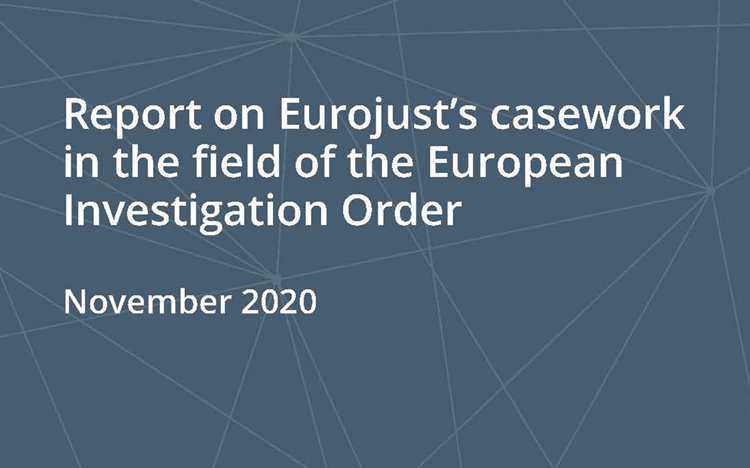The European Investigation Order (EIO) is a judicial decision issued in or validated by the judicial authority in one EU country to have investigative measures to gather or use evidence in criminal matters carried out in another EU country. It is valid throughout the EU, but does not apply in Denmark and Ireland. The EIO is based on mutual recognition, which means that the executing authority is, in principle, obliged to recognise and ensure execution of the request of the other country.
The EIO was established by Directive 2014/41/EU of the European Parliament and of the Council of 3 April 2014 regarding the European Investigation Order in criminal matters. The Directive creates a single comprehensive framework for obtaining evidence (with the exception of JITs). The investigative measures include, for instance, the hearing of witnesses, telephone interceptions, covert investigations and information on banking operations.
Following its introduction in May 2017, the EIO offers judicial authorities a simpler and faster alternative to the traditional instruments for requesting evidence. In particular, the instrument provides practitioners with a single standard form for obtaining evidence. It outlines strict deadlines and establishes limited possibilities for refusal by the executing State.
Eurojust provides support and advice to national authorities across the full life cycle of the EIO, from drafting to the execution phase.

